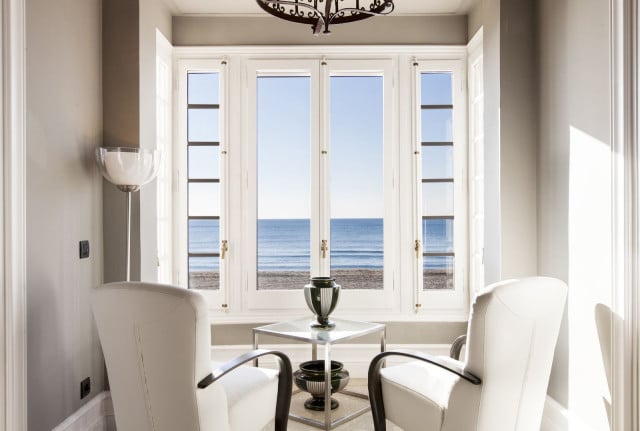Published in Legal
Complete Guide to Buy-to-Rent in Catalonia (2025)
Updated 2025 guide to investing in rental properties in Catalonia, covering legal, tax, and yield essentials.

Investing in a property to rent out in Catalonia can offer stability, passive income, and long-term appreciation potential, but it also requires a clear understanding of the legal, tax, and strategic framework. This guide is designed for first-time investors in this model who want to avoid common mistakes.
1. What does “buy to rent” mean?
It means purchasing a property with the intention of renting it out, either for long-term residential use or through medium-term contracts. The main objectives are:
To generate a stable monthly income
To achieve capital appreciation over the medium or long term
2. Why invest in Catalonia?
Catalonia offers an attractive balance of quality of life, strong housing demand, modern infrastructure, and a diverse range of investment zones.
Key advantages:
High rental demand in Barcelona, Girona, Tarragona, and coastal areas
Ongoing interest from international workers, students, and local families
Excellent transport links (high-speed trains, airports, highways)
Steady tourism and business appeal
3. Types of rentals (and their regulations)
From 2023–2025, Catalonia has implemented strict controls over the rental market. It’s essential to understand what kind of contract you can legally offer:
Long-term rentals (residential use):
Standard 5-year contract (if the owner is an individual)
Subject to rent controls in designated “stressed” areas (most of the territory)
The most stable and legally secure form of buy-to-rent
Mid-term or seasonal rentals (1 to 11 months):
Increasingly treated as long-term in most cases (e.g., for education or work relocation)
The tenant must provide valid proof of the temporary nature of their stay
The official rent reference index may also apply to these contracts if no holiday or recreational purpose is justified
The new regulation affecting this type of rental is not yet in force but is expected soon
Tourist rentals:
Extremely restricted
Requires a specific municipal license (no new licenses granted in Barcelona)
4. Complete buying process
Step 1: Define your strategy
Will you manage the property yourself or outsource it?
What type of tenant are you targeting?
How much risk are you willing to take?
Step 2: Property search
Ideally done through a specialized agency that understands the local market and regulations, such as Lucas Fox
Key factors: potential return, community fees, building condition, energy efficiency, etc.
Step 3: Reservation and deposit agreement (arras)
Once a price is agreed, a deposit contract is signed (usually 10% of the purchase price)
Conditions of the sale are formalized
Step 4: Legal due diligence
Check for encumbrances, urban planning status, energy certification, etc.
Non-residents must obtain an NIE (Foreigners' Identification Number)
Step 5: Signing at the notary
Public deed of sale is signed before a notary
Final price and taxes are paid, and ownership is registered in your name
Step 6: Post-sale management
Property registration
Setting up utilities (water, electricity, etc.)
Renovation or adjustments if needed
Listing the property for rent
5. What taxes and expenses should I consider when buying a home in Catalonia?

6. How does the new Housing Law affect investors?
Key aspects to consider when investing in Catalonia under the new law:
Rent caps: You cannot charge more than the previous rental price (if a contract existed in the last 5 years) or above the government rent index. Large Holders are always subject to the state index.
Stressed areas: Most Catalan municipalities are considered “stressed”; if your property meets specific conditions, you cannot set a free-market rent.
Large holders (5+ residential units): Subject to stricter rules, lowest rent cap applies, and higher levels of oversight
Penalties: Fines from €90,000 to €900,000 for exceeding rent caps or offering irregular contracts
Advertising requirements: Rental ads must include the previous rent, the official rent index, and whether the owner is a Large Holder
7. Expected rental yields by area

Note: Gross yield = annual rental income / purchase price × 100. Does not include expenses.
N.B. The information in this guide is for informational purposes only and does not constitute legal, tax, or financial advice. It has been updated according to the regulations in force in Catalonia as of June 19, 2025, including changes derived from Spain’s national Housing Law and its regional implementation.
Since legislation may change and each real estate transaction has its own particularities, it is strongly recommended to consult with a qualified lawyer, tax advisor, or property expert before making any investment.






